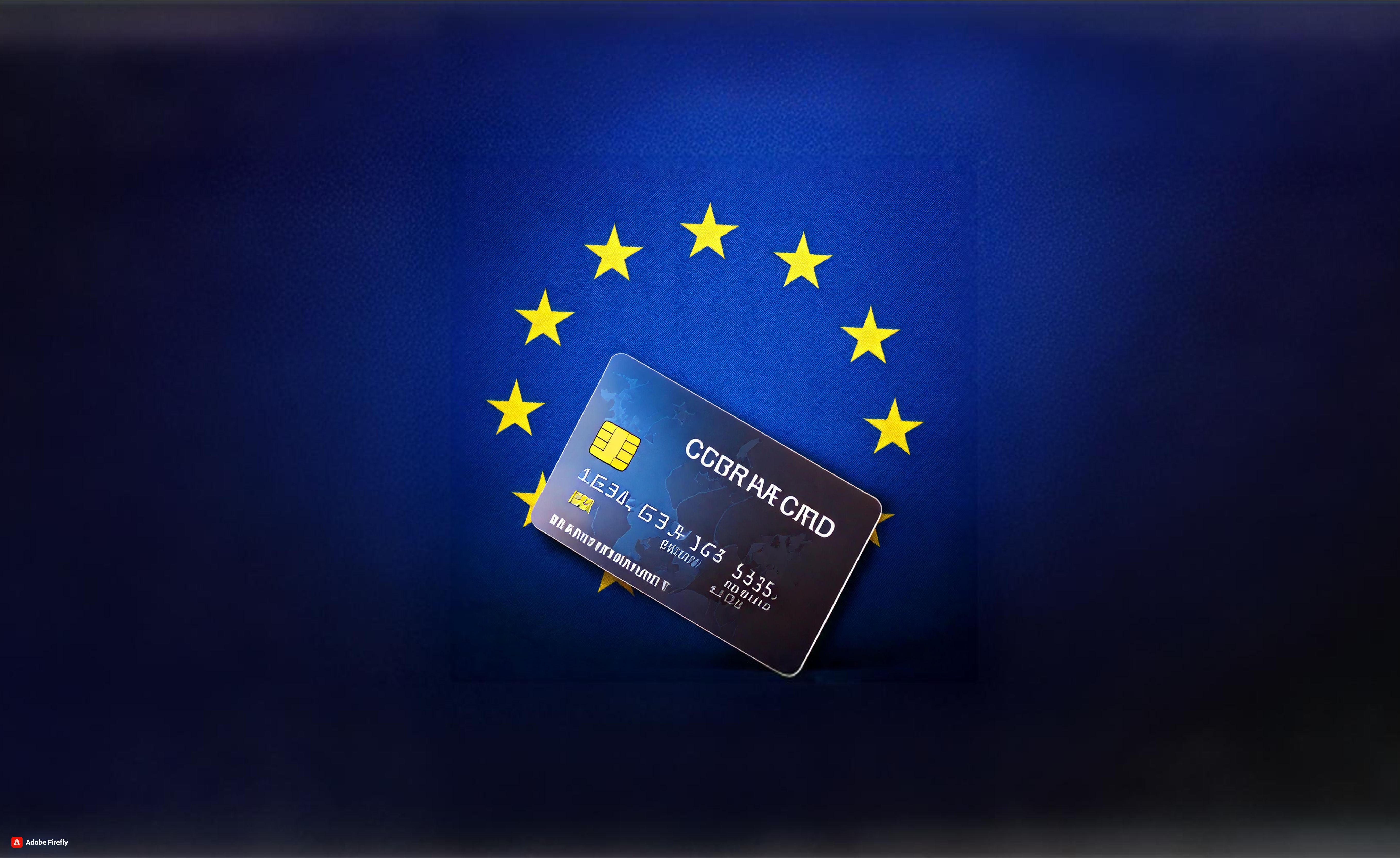Table of Contents
The three most important points at a glance:
The EU regulation on credit cards has brought about significant changes for companies over the years.
In particular, the reduction of credit card fees and the introduction of more transparent payment processes have been important advances.
Corporate credit cards continue to offer significant advantages, especially for companies with international payment transactions.
EU regulation and corporate credit cards? A review of the most important developments!
The EU regulation on corporate credit cards has fundamentally changed the European market for companies. But what does it still mean today?
For years, the rules have been regularly adapted to simplify payment transactions within the EU and make them more cost-effective. Explicitly for consumers, the regulations primarily enable the reduction of fees for card payments and the improvement of transparency in currency conversions.
Companies that operate internationally or process a large number of credit card transactions should continue to pay attention to these developments so that they can both avoid penalties and benefit from them.
So what has changed as a result of the regulations and why is it still relevant to use corporate credit cards today?
Find out in this review how the rules have evolved over time and what this means for your company.
The key points of the 2015 EU Credit Card Regulation
The EU Credit Card Regulation of 2015 was introduced to standardise payment transactions and reduce costs for consumers. This was an important step for companies in particular, as transactions with credit cards, especially in international business, were often unnecessarily expensive and complex.
The most important points of the regulation at the time include:
Reduction of interchange fees: the fees that banks charge each other when processing credit card payments were severely limited. For consumers, this means that the costs for each transaction are lower, which is particularly important for a large number of payments.
Transparency in currency conversions: Previously, currency exchange fees were often opaque and could be unexpectedly high. The EU regulation stipulates that companies and consumers must be clearly informed of the exchange fees via general terms and conditions.
Protection against excessive fees: Companies may not charge additional, disproportionate fees for the use of certain types of credit cards that are not actually incurred in connection with their use. This means that the costs for customers and companies must be standardised and comprehensible throughout the EU.
These measures have helped to make payment transactions significantly more favourable over the years. But what has been the impact on corporate credit cards?
Does this regulation also affect corporate credit cards?
Within the Credit Card Regulation, the EU has also decided that corporate credit cards may only be labelled as such if they are actually used exclusively for commercial purposes and are processed via a separate business account.
What does this mean for companies?
This not only creates a clear separation between private and work-related payments, but also helps to work against unwanted misuse of the cards.
As a consequence, however, managing directors are now also fully liable for their company credit cards if no proper utilisation agreement has been agreed.
Please also discover our guide to drawing up secure user agreements!
Corporate credit cards for frequent travelers in direct comprehension
We find the following cards helpful for companies looking to optimise their international transactions, as they offer favourable exchange rates and helpful travel benefits:
| Firmenkreditkarte | Währungsumrechnungskosten | Jahresgebühr | Besondere Vorteile |
|---|---|---|---|
| American Express Platinum | 2 % | €700 per year | Up to 98 additional cards, €200 starting balance, miles programme, various travel insurances, lounge access, extended payment limit |
| Qonto Card X | 0 % | €240 per year | Various insurances such as protection for luggage, hire cars and personal health, high payment limit of up to €100,000, lounge access |
| Bunq Easy Money | 0 % | €155,88 per year | Both 3 physical and 25 virtual credit cards with sub-accounts, compatible with Apple Pay and Google Pay, cashback of 1% in restaurants an |
The EU regulation on corporate credit cards - still important to note today!
This regulation is intended to protect not only the definition of the word corporate credit cards, but also the handling of general business payment transactions relating to credit cards
Use the review to check your current corporate credit cards and, if necessary, switch to a card that is optimally adapted to the new legal framework and offers the most favourable exchange rate fees.
You are also welcome to discover the other corporate credit cards we have already tested for you!
Sources:










